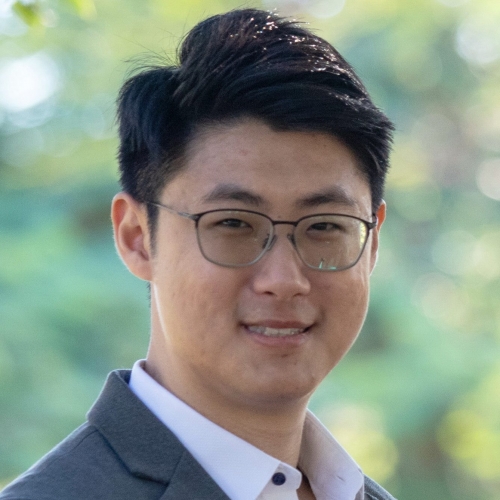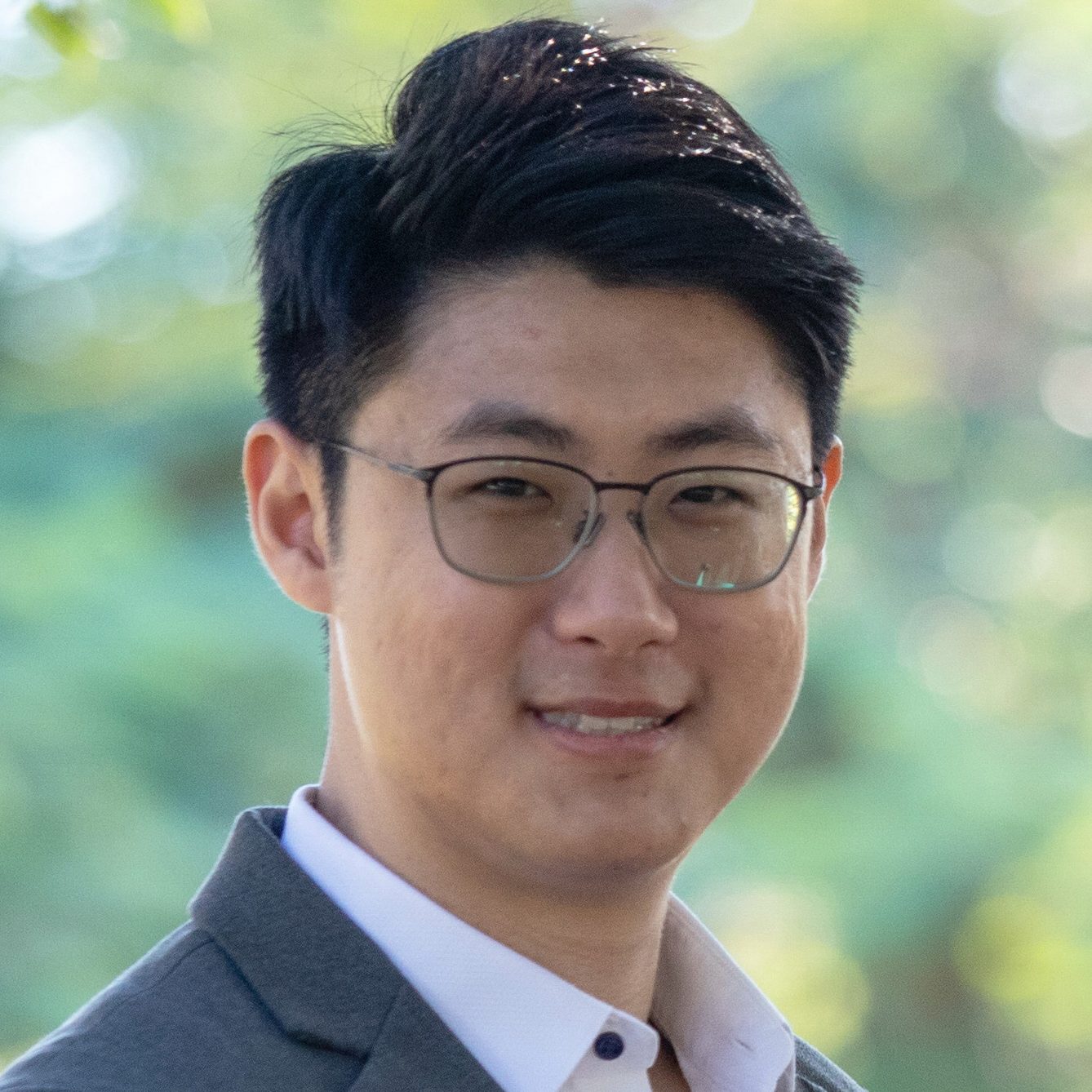
Larry Cai
The University of Queensland, Australian Institute For Bioengineering And Nanotechnology
Larry Cai is a PhD student in Bioinformatics student at The University of Queensland, Australian Institute For Bioengineering And Nanotechnology. He transitioned from a Bachelor of Chemical and Biological Engineering by engaging in yearly Summer Research programs. He is currently working on developing novel and robust omics analysis methods & pipelines under the supervision of Associate Professor Jessica Mar.
Can you give me a quick overview of the type of mathematics you are studying and its potential applications or outcomes
I am currently focused on the application of networks in modelling transcriptomics data. Networks are versatile and highly scalable in quantity and complexity.
How did you get into bioinformatics?
I have always been interested in biology and technology, so bioinformatics was the natural combination to go for.
What advice would you give to your younger self or others wanting to studying the mathematical sciences?
Don’t be afraid to spend more time learning about things beyond the school’s curriculum. Little bits of knowledge and curiosity can snowball into unexpected opportunities.
What was your motivation for attending AMSI BioInfoSummer?
To learn more about what is going on at the forefront of Bioinformatics research – and hear perspectives not penned. I heard about AMSI BioInfoSummer through my supervisor.
You received an AMSI BioInfoSummer registration scholarship to attend AMSI BioInfoSummer. How important was this in terms of your ability to attend and fully participate in the sessions throughout the week?
The grant was important in financially supporting my attendance at the conference, and also provided motivation to stay fully committed throughout the program.
What was your main take away from AMSI BioInfoSummer?
It’s the first-hand experience of how science is very much in-progress. From the discussions, I’ve realised just how much of “standard” workflows/pipelines came with fundamental assumptions that may or may not be applicable, but is rarely fully discussed.
If a peer asked you if they should attend AMSI BioInfoSummer, how would you describe the conference to them?
A friendly and insightful conference with guided workshops to learn data analysis in multi-disciplinary scenarios.
BioInfoSummer was held as a virtual event for the first time in 2020. What was the biggest positive from your point of view of holding it in this format and/or the biggest challenge?
Biggest positive in my opinion is the ease of taking notes or screenshots of particular topics of interest, with minimal loss in fidelity, and without the need to carry a laptop/tablet around which may run out of battery halfway.
The biggest challenge would be technical aspects, especially for the hands-on workshops, where preparing a virtual environment for participants may be required.
Incredibly great job on adapting to the online structure! It’s one of the best-run online conferences this year!
Where do you want the mathematical sciences to take you? Where do you see yourself in five or ten years’ time?
I hope to gain enough mastery of mathematical sciences to rigorously reason through and defend various aspects of research. I see myself continuing to learn and challenge myself with more things to learn.
2020 has been a very unusual and challenging year. What is one thing you have learnt about yourself this year? Or a new skill you have developed?
I’ve learnt that time/project management is a little harder without a structure to my daily schedule – it’s important to be disciplined, but it’s also important to reassess the situation and introduce some flexibility.

